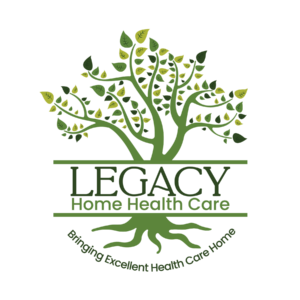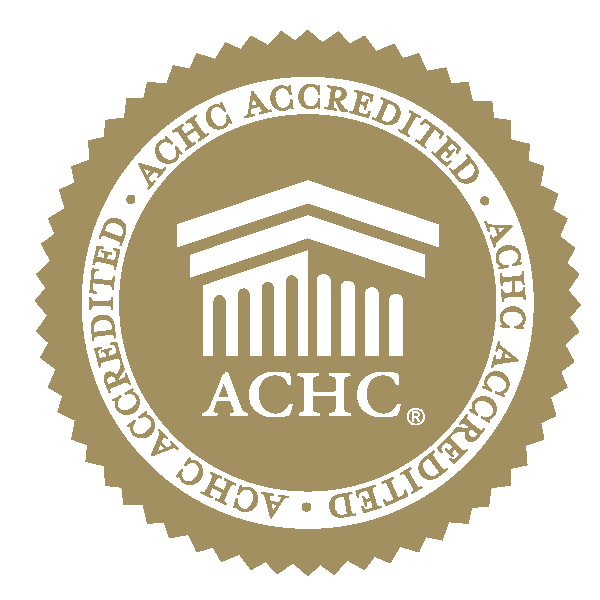At Legacy Home Health Care, we believe in supporting the whole person—body, mind, and spirit—especially as we serve the aging population across North Central Florida. This June, as we recognize PTSD Awareness Month, we want to shine a light on a group often overlooked in conversations about trauma: older Americans.
What Is PTSD?
Post-Traumatic Stress Disorder (PTSD) is a mental health condition triggered by experiencing or witnessing a traumatic event. It affects people of all ages and backgrounds—but in older adults, PTSD can be particularly complex, often hiding behind decades of silence, stoicism, or misdiagnosis.
PTSD Doesn’t Retire
Many older adults who struggle with PTSD are veterans, survivors of war, abuse, displacement, or serious accidents. For some, trauma occurred earlier in life but was never addressed. Others may develop PTSD later in life due to new trauma, such as loss of a spouse, declining health, or major surgeries.
Unfortunately, PTSD in seniors is frequently misattributed to dementia, depression, or simply “old age.” Symptoms may include:
- Flashbacks or nightmares
- Avoidance of reminders of the trauma
- Hypervigilance or being easily startled
- Mood changes, irritability, or withdrawal
- Difficulty sleeping or concentrating
Why PTSD Awareness Matters for Older Adults
PTSD Awareness Month is an opportunity to educate, empathize, and act. For older adults, proper recognition and treatment of PTSD can dramatically improve quality of life, independence, and relationships with loved ones.
At Legacy, we often work with individuals who carry emotional wounds along with their physical ones. We understand the value of compassionate, trauma-informed care. Our team is trained to recognize signs of PTSD and provide respectful, supportive care in the home environment where patients feel safest.
How You Can Help
- Start the Conversation – Gently ask aging loved ones about past experiences or stressors.
- Know the Signs – Not all trauma is visible. Stay alert to changes in behavior or mood.
- Encourage Help – Mental health care is not a weakness—it’s a powerful form of self-care.
- Honor Their Story – Listening without judgment can be the most healing gift of all.
Resources
Help is available. Many online resources exist, including several from the VA, National Center for PTSD, and local mental health organizations offer valuable support.
PTSD isn’t just a soldier’s story—it’s a human one. At Legacy Home Health Care, we are here to support healing at every age and every stage. If you’re concerned about how trauma may be affecting a loved one, give us a call. We’d be honored to be part of your care journey.



